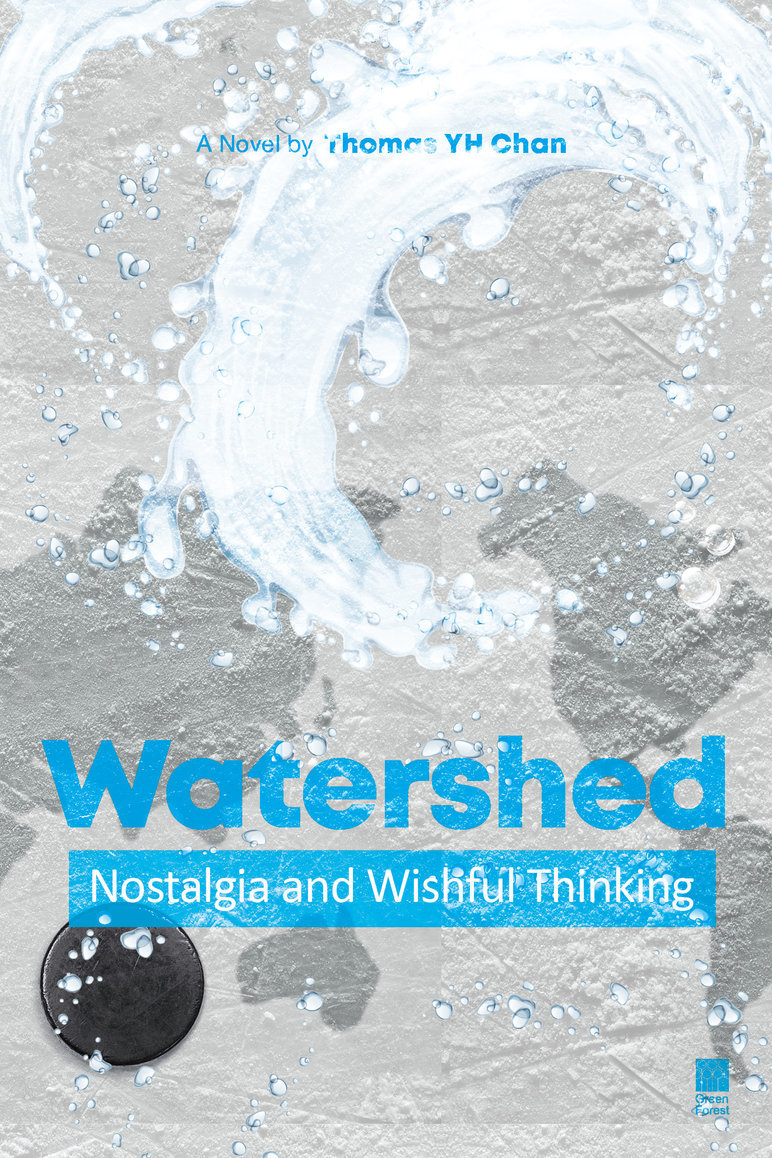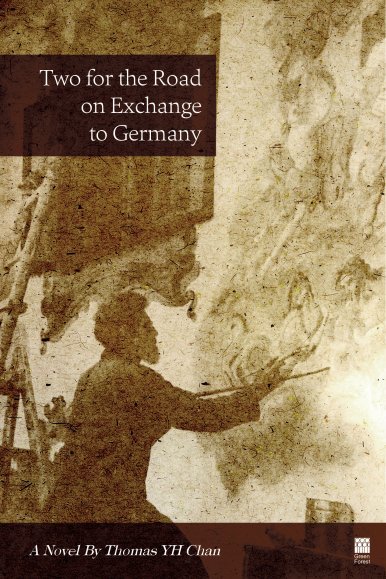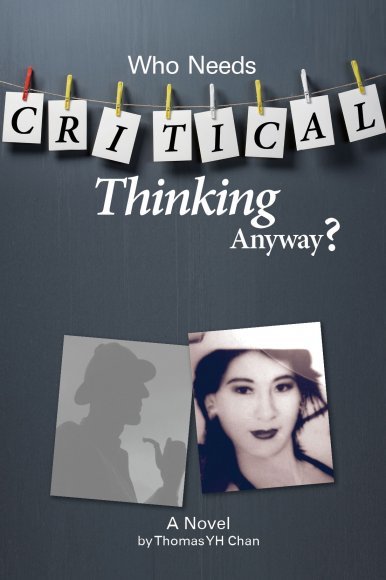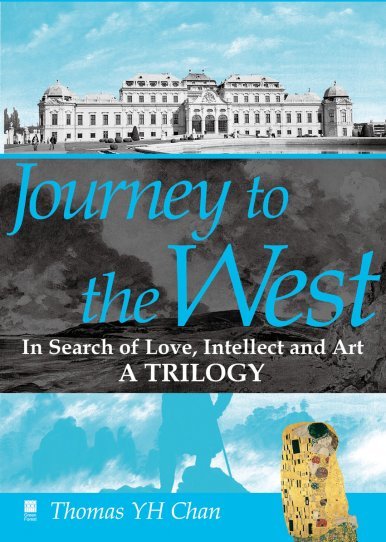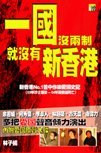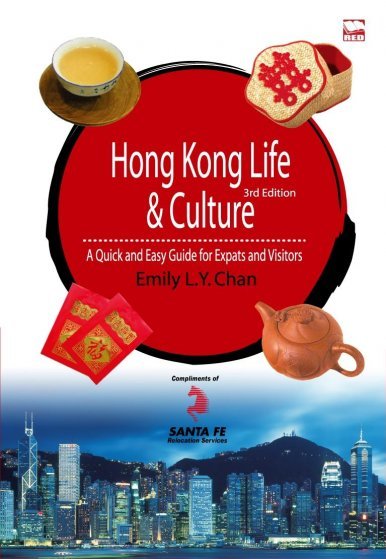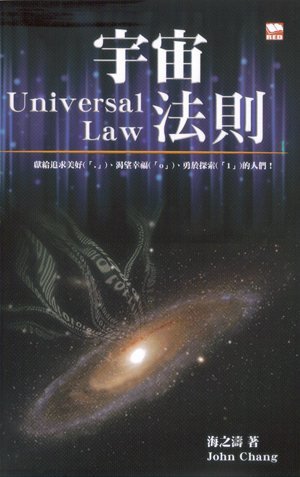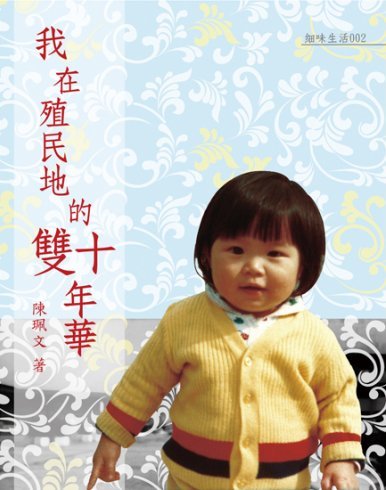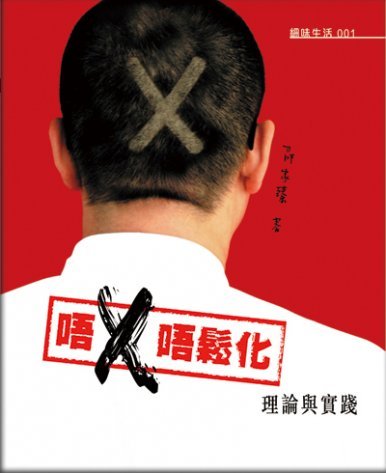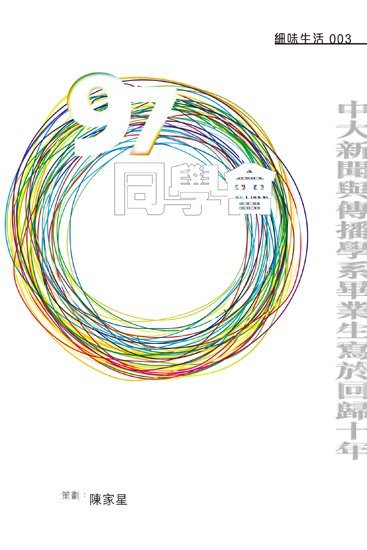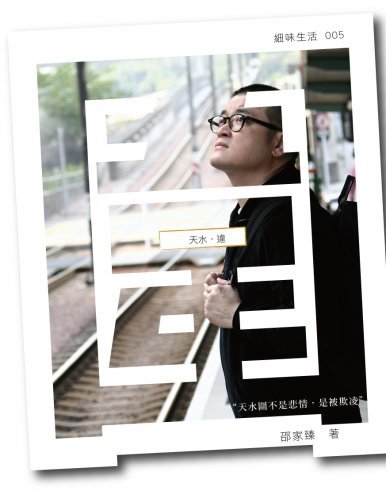This book is a novel modelled on Plato’s Republic as a series of dialogues between a half-retired college professor and his former student, taking place in several weeks in a row on various scenic and memorable locations in Hong Kong – in Central, on the Peak, on Repulse Bay and in Stanley on Hong Kong Island, as well as in Cheung Chau, an outlying island of Hong Kong.
The story starts by the professor greeting and receiving his former student Julian to tea and for a friendly chat in the professors’ favourite old teahouse in Central. Their conversation, initially centring around the current events taking place in Hong Kong, soon evolves into an in-depth discussion of the immediate and subtler causes and factors leading to such a state of affairs that has been described by the local media and the Government as ‘public activities’. Since both the professor and Julian find their discussion and exchange very interesting and fruitful, they decide to continue with it in the weeks that follow. This concludes Part I which touches on the first word of the book’s title: Watershed.
Part II introduces the concept of Nostalgia and both the professor and Julian ruminate about happy and memorable past events, while at the same time describe and comment on less positive times and events in the days under British colonial rule. The professor also talks about an interesting and insightful book titled Gweilo, not in a derogatory way, as it was the memoirs of a British boy growing up in Hong Kong, full of facts and humour, but at the same time illustrative of the kind of mentality of the British colonial ruling class in Hong Kong. Part II concludes with a discussion about how the West longs for a return of their former glory and world domination.
Part III is the crucial part of the book, with Wishful Thinking being interpreted on three levels: the professor’s personal level, the level of the local people in Hong Kong and the level of the West, led by America, in wishing for and actually making an effort to ‘turn the clock back’ and ‘make America great again’. To illustrate the futility of such a wish, the professor takes Julian to the cemetery on Cheung Chau Island, to look at a tombstone that echoes by analogy the legendary King Arthur’s wish to be the once and future king of England.
The book ends with an Epilogue describing the professor and Julian going deep into the reasons for the West’s imperialism in the past 250 years and their wish now to make a ‘come back’, instead of world harmony and peaceful coexistence for all.
Thomas YH Chan
Born into a middle class family in Hong Kong (whose forebears had migrated down to South China from Manchuria), Thomas YH Chan grew up under British colonial rule and western education, going to a Catholic elementary school and then to a public school for his secondary schooling before going to college in Germany, studying initially Physics and Mathematics and then switching to Logic and Philosophy. After spending two years of student life at the University of Heidelberg in the then West Germany, Thomas returned to Hong Kong on his father’s advice to complete a bachelor’s degree programme in German Literature and Philosophy at the University of Hong Kong (HKU). Right after graduation Thomas took up teaching as a tutor at the Department of Philosophy at HKU and on completion of the two-year contract continued his graduate studies in Philosophy at the University of Vienna from which he graduated with a doctorate.
As a returned student from Germany Thomas shouldered the responsibility of liaising with and looking after visiting foreign students to HKU, particularly ones from continental Europe. This continued well into the early years of his academic career, first at HKU and then later on at the Hong Kong Polytechnic University (PolyU) where he served for twenty long years as a Professor of German and English, before taking up his appointment as Head of Department of English at Hong Kong Chu Hai College of Higher Education, a local private postsecondary college, where he devoted ten long years to nurturing his students. Since May 2017 Thomas has been serving as Professor in the School of Humanities and Languages of Caritas Institute of Higher Education in Hong Kong.
In terms of language teaching Thomas has designed and taught courses in TESOL (Teaching English to Speakers of Other Languages) as well as in ESP (English for Specific Purposes), in particular Maritime English and Technical Writing for engineering students, owing largely to his science background and his interest in both technology and the fine arts.
Thomas got interested in the magic of words and literature at an early age and as an undergraduate soon began to write articles for the HKU student newspaper while serving at the same time as the newspaper’s secretary and assistant editor. He also contributed articles to local newspapers, most of which were on literary and philosophical issues and themes. As a graduate student at the University of Vienna Thomas had the opportunity to acquaint himself in-depth with European visual art and come to appreciate it, so much so that even today he is still giving lectures and designing courses on Western Art and Culture for his students.
To date, Thomas has written four novels, the first one on European culture, in particular visual art in Germany and Austria, titled 《Journey to the West - In Search of Love, Intellect and Art》 and the second one on logic and critical thinking, basically for his students, titled 《Who Needs Critical Thinking Anyway?》. The third novel titled 《Two for the Road on Exchange to Germany》 has evolved from Thomas’s effort to enable his students to acquire the basics of German through reading a novel, the story of two Hong Kong college students trying hard to master German while going on academic and cultural exchange to a key German university. To date, Thomas has written his fourth book titled 《Watershed: Nostalgia and Wishful Thinking》, published in March 2020, which is a departure from his former novels in that this is a book on politics, culture and the future of the world and Hong Kong.
- 目錄
- Foreword: Why I Am Writing This Book
- Prologue
- Part I: Watershed
- Part II: Nostalgia
- Part III: Wishful Thinking
- Epilogue

 簡體中文 (即將支援)
簡體中文 (即將支援)
